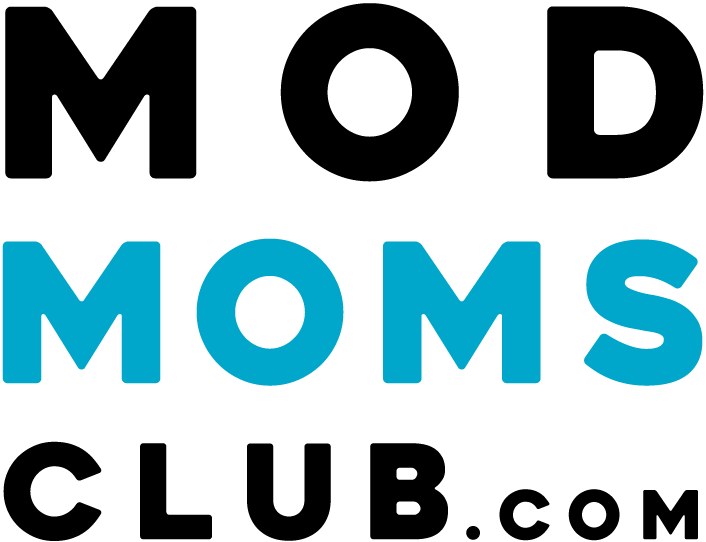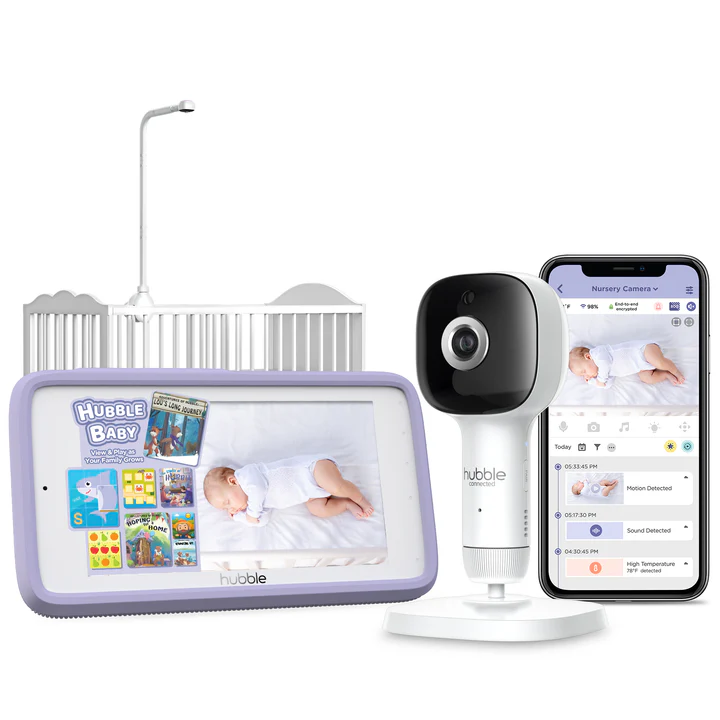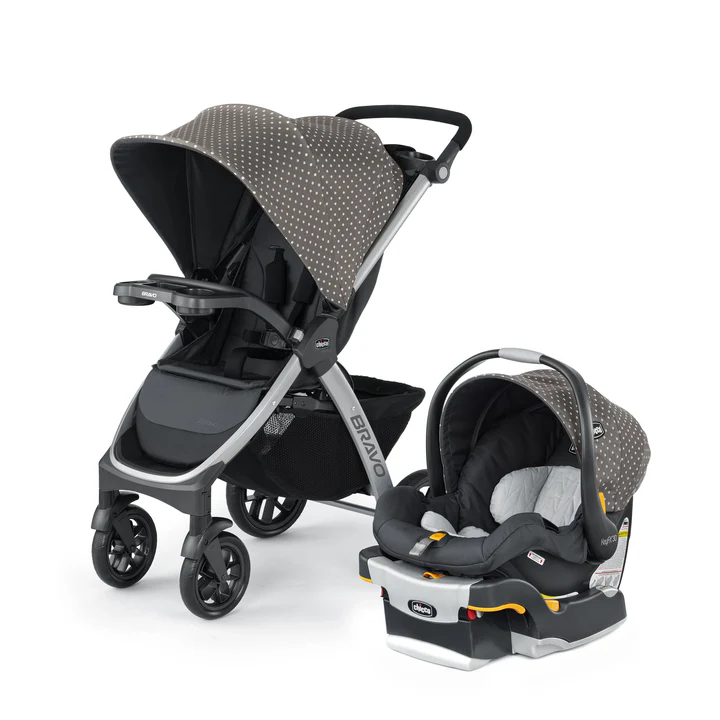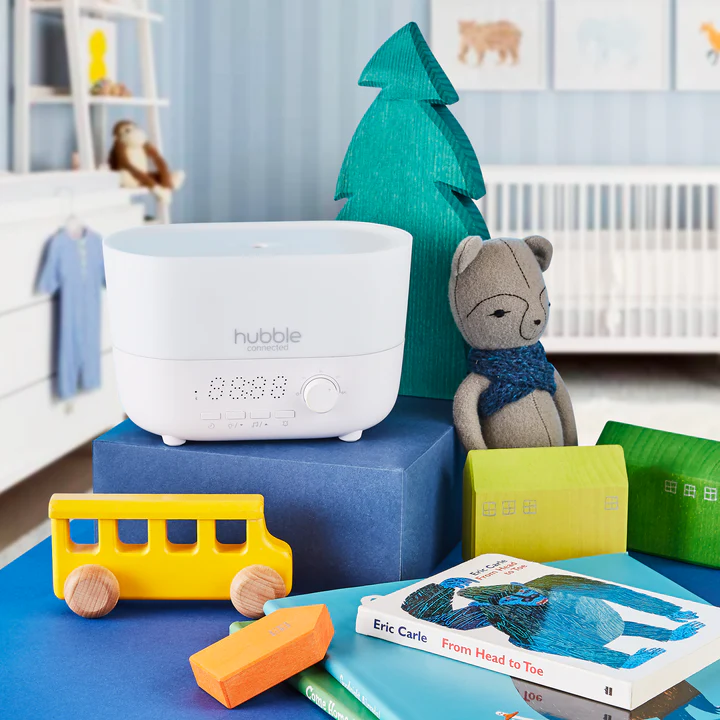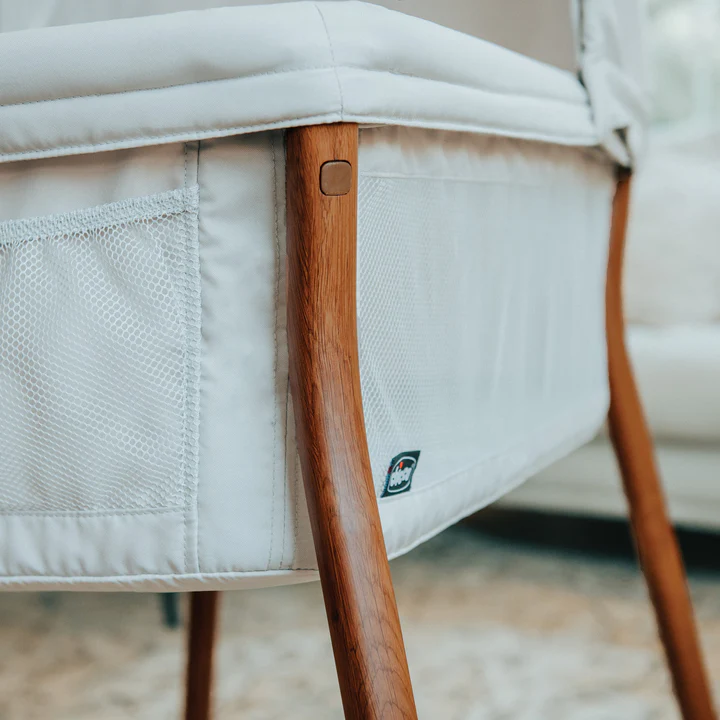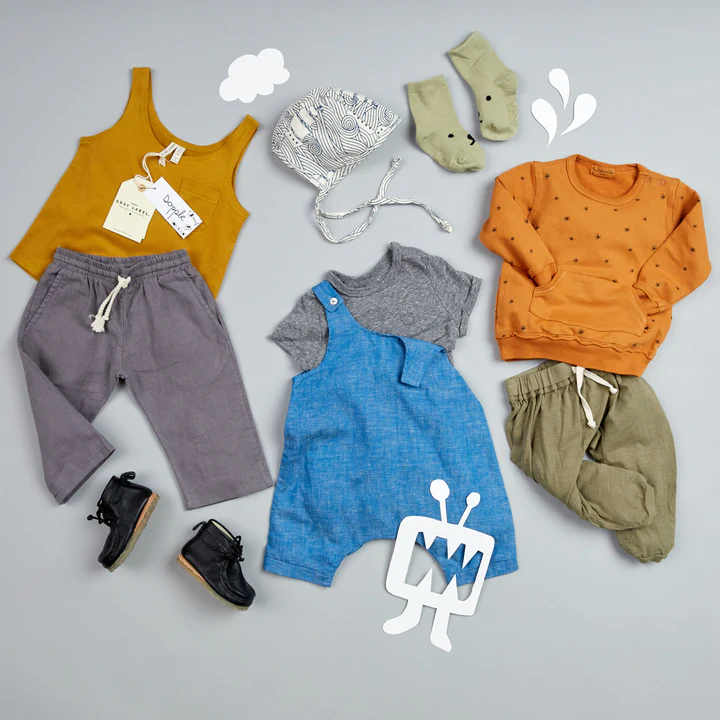The last thing I want is to be remembered as “the guy who gives out the worst Halloween candy.”
The first decade of your child’s life is filled with important milestones that parents don’t want to miss.
From their first steps to their first word and first day of school, parents often go out of their way to ensure they’re not only present but also celebrating each milestone and achievement, no matter how big or small.
But there's one milestone that parents can’t be present for: one-on-one visits with a pediatrician.
According to the American Academy of Pediatrics (AAP), most pediatricians begin asking for one-to-one time, or "time alone," with their patients as early as age 11 — also known as their pre-teen years.
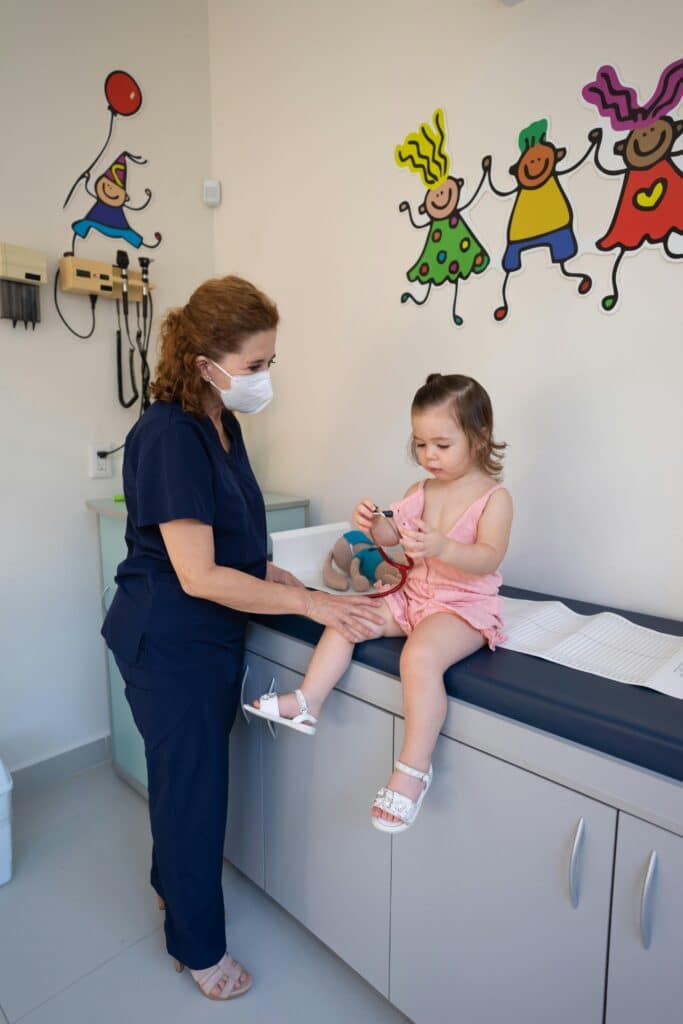
This alone time is important for a variety of reasons, all of which are in the child’s best interest.
For example, it allows young patients to develop independence and gives them time and space to be with a trusted adult so they can have sensitive conversations they don’t want to have with their parents.
That includes conversations about sex, gender, drugs, bullying and things happening at home.
In a Tiktok video posted Sept. 25, Dr. Gabriella Dauer — a double board certified pediatrician who specializes in house calls and telehealth visits — encouraged parents to allow these visits to happen.
READ MORE: Pediatrician reveals what really matters in a child’s early years — and it’s not what parents think
“If you have a kiddo between the ages of 10 to 18, I want you to listen up because you need to be prepared for your next pediatric visit,” Dauer said in the clip.
“Your child is offered alone time with the doctor and it comes as a shock to some of these parents who have 9-year-olds or 10-year-olds. So, we like to prepare them,” she added.
Dauer went on to stress that they’re not performing a physical exam when the parents aren’t present.
@oncallpeds When our patients hit the ages of 10-11, we start talking about sensitive topics like mental health and healthy relationships. We also introduce the concept of having some alone time with the doctor so they’re prepared to have independent conversations about their health. Our teens are offered a few minutes alone with the doctor to discuss any concerns and they can choose to have their parent wait outside of the room or join them in these convos. I think every parent hesitates when it’s time for your teen or pre-teen to finally have their own time during a pediatric visit. I know I’ll be coming back to the room asking the doctor what my kids said!! 🤣🤣 But in all seriousness, this is an excellent time for kids to develop the skills of independence when it comes to their healthcare and allows for them to discuss any concerns they may have! We ask about bullying, we talk about home life, we discuss safe use of social media, talk about safe sex and so much more! But a lot of these topics- like mood, if your child has tried a recreational substance, or questions about sex- can be really scary for kids to talk about in front of their parents so we are there to help and always encourage that they discuss it with you too! We cannot share that information with you BUT I always tell my patients it’s important to be open and honest with mom and dad ❤️ If you don’t trust your pediatrician to be alone with your kid for 10 minutes, time to find someone you trust OR have a chaperone like an MA or a nurse in the room (which we usually do already) 😊 #doctor #health #kids #pediatrics ♬ original sound - oncallpeds
They are, however, building a doctor-patient relationship that will continue growing for the next decade.
“We’re asking about their home life or ... education, if there is bullying at school,” Dauer continued. “What are they doing? Who are they doing that with and are they hanging out with older kids?”
“We ask about all of these risk factors to make sure that we can educate them. It allows for our children to get another trusted individual’s perspective,” she added.
The pediatrician can’t discuss specifics with parents — but the child can
According to 2024 data released by the CDC, “only 38% of teens 15–17 years old had one-to-one time with a provider during a clinic visit in the prior year.”
While Dauer stresses the importance of one-on-one time, she knows not everyone will agree to it.
“When it comes to minors, parents always have the final say,” she said in an interview with Today.com, published Oct. 1. “I’ll just explain why it would be important and to think about it for next year.”
READ MORE: Growing up around dogs linked to lower risk of developing asthma in young children
Dauer went on to say that some kids don’t feel comfortable speaking with the doctor alone, while some parents simply refuse to leave the room.
At the end of the day, the pediatrician just wants to know that the child is healthy.
“We’re not trying to do anything behind a parent’s back,” Dauer told Today.com. “We’re trying to create a safe space for kids and a sense of independence so kids can eventually manage their healthcare.”
But when that alone time does happen, parents shouldn’t expect the doctor to talk about it.
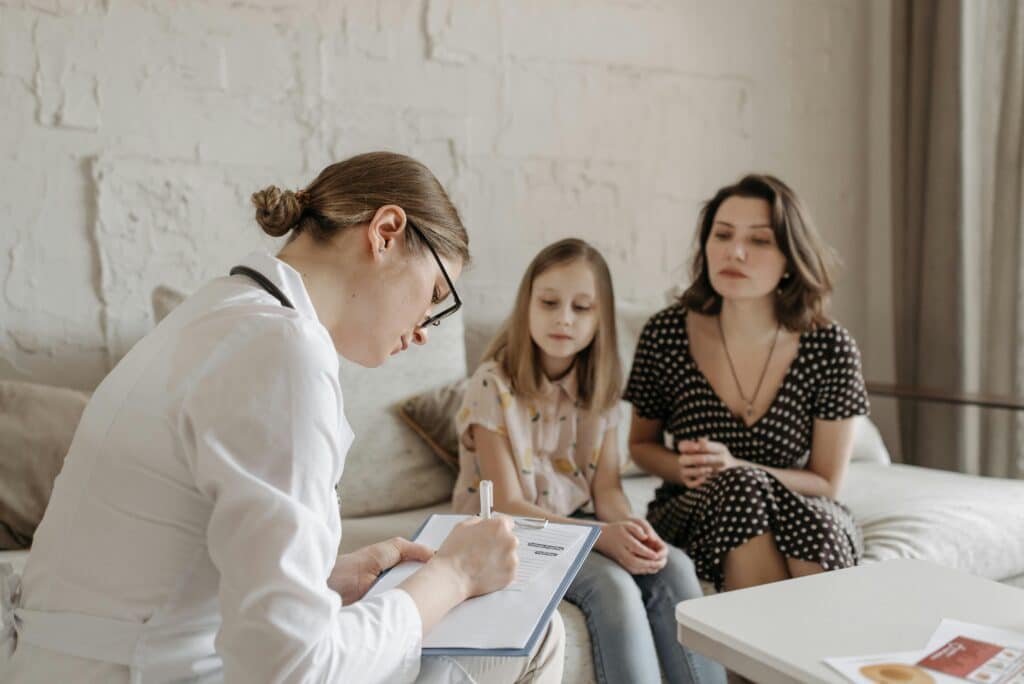
“We cannot share that information with you BUT I always tell my patients it’s important to be open and honest with mom and dad,” Dauer wrote in the caption of her video.
According to the AAP, doctor-patient confidentiality “is broken only if the teen discusses hurting him/herself or someone else, or if the teen’s situation is deemed life-threatening.”
“My message is: ‘Your parents are going to find out. They know you best and you are under their health insurance,’” Dauer added in her interview with Today.com.
And for anyone who doesn’t trust their pediatrician enough for these visits, Dauer has a simple solution.
ALSO ON MOD MOMS CLUB: Researchers say skin-to-skin care could shape how premature babies’ brains grow in critical weeks
“If you do not trust your pediatrician enough to leave your child with them for 10 minutes to have these talks, it might be time to rethink that pediatrician,” she said in the video.



